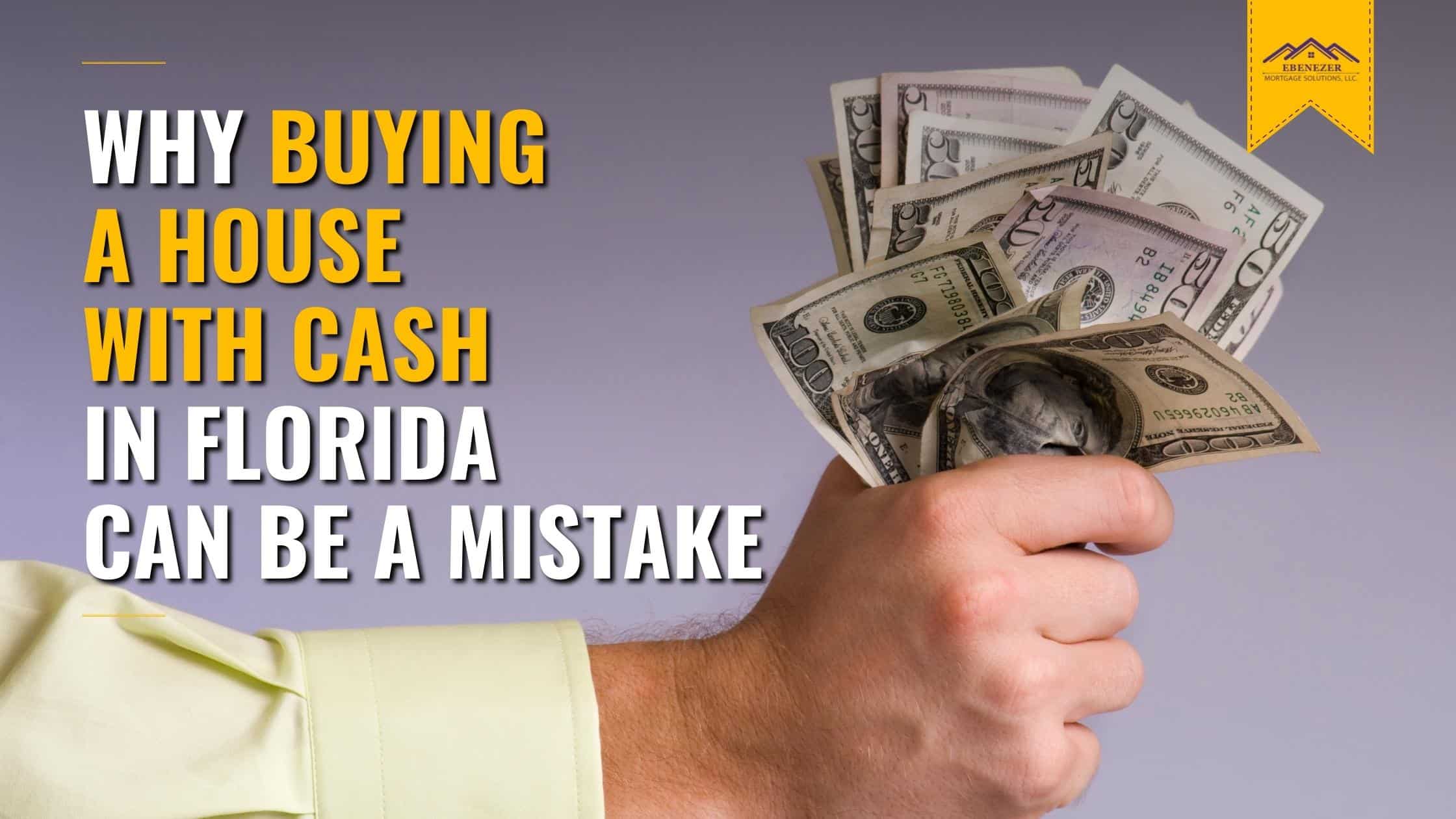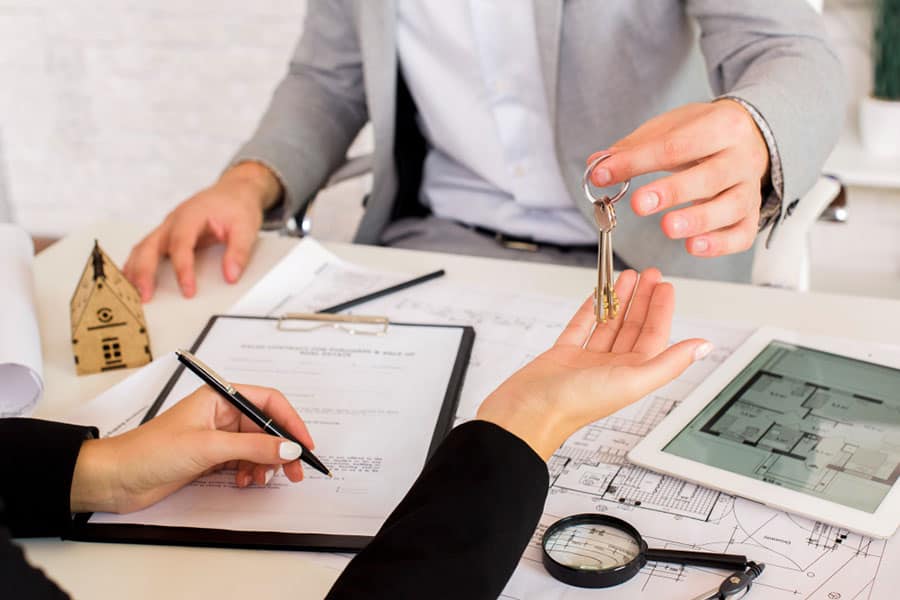Your Most Trusted Partner in Home Purchase Loans & Refinance Loans
Open Hours: Mon. - Fri., 9:00 a.m. - 6:00 p.m.

Most people use a mortgage loan when buying a house. The mortgage allows buyers to get into homeownership faster instead of them spending years to save money for such a large cash purchase. Moreover, a mortgage loan is a great help especially since the average price of a Florida home as of August 2022 is already $407,000.
Nevertheless, in today's real estate market, about a third of all home buyers paid cash to purchase their homes. The question now is, if you have money sitting around, would buying a house with cash be the smart move for you too?
Paying cash for a house has its advantages. Doing so can help you avoid paying mortgage interest, have lower closing costs, and immediately enjoy home equity. And although you'll still need to make a competitive offer, paying cash will definitely attract the seller's attention. With a cash offer, the home buying and selling process would definitely be faster. However, it would be a mistake to automatically assume paying cash is better overall.
In this article, we're going to discuss the disadvantages of buying a house with cash to help you decide whether it's the right choice for you.
If part of your goal is to increase wealth, paying cash for a house outright might be a mistake. One of the golden rules of investing is diversification—not putting all your eggs in one basket. If you put all your cash into buying a house, then you might have less capital for other investments. Having a mortgage on your home could allow you to invest in other assets.
For example, let's say you bought a house with a purchase price of $350,000, and that value increased by $100,000, so the house is now worth $450,000. If you were a cash buyer, then you would have about 28.6% in return.
However, if you had put just 20% as the down payment and borrowed the remaining 80%, then you would have about 142.9% in return. Basically, you make the same $100,000 gain with a much smaller investment of your $70,000 down payment, leaving you free to invest the rest of your money in other areas. But of course, this is just a simplified example as we ignored interest rates, homeowners insurance, property taxes, and other factors.
It's also important to note that your home might decline in value and you could lose more when you have a home loan compared to when you paid cash. If you plan to stay in your home, then this might not be a problem. But if you're moving out and selling your property, then you might end up owing more money than what you can collect from the sale.
Another problem with making a cash purchase on a house is you'll have less liquid cash on hand. This can be a problem when unforeseen costs come up and you have nothing to use.
Liquidity refers to how easily you can convert your asset into cash. A bank account can be liquid as you can withdraw cash instantly. However, a home might not be as liquid as it usually takes months to sell.
There are available options where you can borrow the equity you have in your home. There's the home equity loan and home equity line of credit (HELOC). And if you're at least 62 years old, then you can use a reverse mortgage. However, these options have their drawbacks and must only be entered into if there's no other way.
Tax deductions are items you can subtract from your taxable income, thus lowering the tax amount you'll have to pay. If you're a homeowner who uses a mortgage on your home, then you can get to take advantage of the mortgage interest tax deduction.
A mortgage interest tax deduction is an itemized deduction. It allows homeowners to subtract the interest they pay on a loan used for purchasing, building, or improving their current home from their taxable income.
The mortgage interest deduction limit is up to $750,000. That means in a tax year, a single taxpayer can deduct up to $750,000 worth of mortgage interest from their taxes. And married taxpayers can separately file up to $350,000 of mortgage interest tax deduction. Cash buyers won't be able to benefit from this homeowner tax incentive.
Just because you forego a mortgage loan doesn't mean you're free from housing-related fees.
Cash buyers would still need to pay closing costs, property taxes, title insurance, and payment for hiring experienced real estate professionals. And if you bought a fixer-upper, that means that you'll also need money for renovation costs. You'll also have to budget for monthly utilities, maintenance, and emergencies.
All these expenses are part of becoming a homeowner. So it's important to take these costs into consideration as well and not just the purchase price of the house you're buying.

The answer will greatly depend on your goals and situation. When you pay cash for a house, you get to expedite the closing process and avoid paying monthly mortgage payments.
However, you might also lose the chance to invest your money in other assets that could produce a better return. Additionally, you'll also lock your money in your house and not be able to access it easily when you need to.
Keep in mind that buying a house is probably one of your biggest purchases in life. Therefore it'll greatly help to consider all factors before jumping right in.
Need help with your mortgage loan application to buy a Florida home? Ebenezer Mortgage Solutions is here to help. We can process your mortgage application and submit it to multiple lenders, allowing you access to the best deals in the area. Call us today at (813) 284 - 4027 to start on getting you into your dream home.
